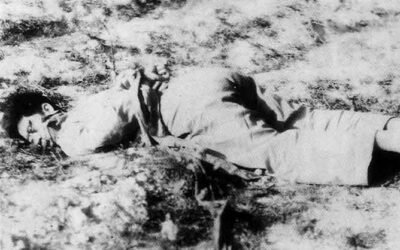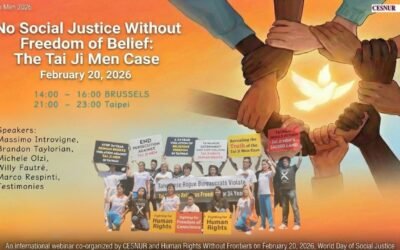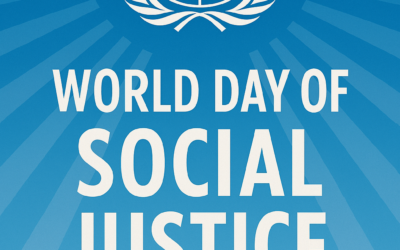Fabrication of a case, illegal arrests, arbitrary auction, and justice denied.
by Willy Fautré*
*A paper presented at the international webinar “The Tai Ji Men Case: Human Rights vs. Human Wrongs,” co-organized by CESNUR and Human Rights Without Frontiers on December 10, 2024, UN Human Rights Day.
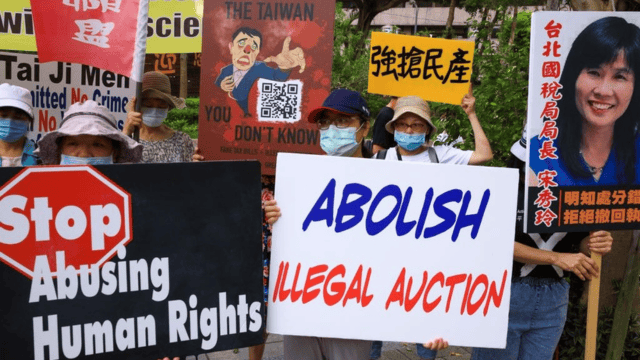
The Tai Ji Men case is a tragically emblematic case because it has accumulated all the characteristics of a willful mismanagement and denial of justice.
First human wrong: the fabrication of a case.
In the Tai Ji Men case, everything started with the political manipulation of the powers by the Minister of Justice in 1996. In the wake of the presidential elections, the then Justice Minister carried out a purge against the religious movements that had not supported the elected president Lee Teng-Hui. It was a shabby act of revenge by unworthy political leaders of a nation. Cases of tax evasion were fabricated not only against those religious movements politically engaged in the opposition but also against Tai Ji Men, which had always been neutral. At the end, almost all groups were found not guilty by the courts. However, it took much more time for Tai Ji Men.
Second human wrong: illegal detention.
A part of the repression wave in 1996 was a series of police raids on nineteen Tai Ji Men academies and private homes of dizi, leading to the arrest, indictment, and detention of the movement’s leader Dr. Hong, his wife, and two dizi on the fabricated charges of fraud and tax evasion. Their detention in winter lasted for several months in difficult conditions. This was also part of the fabrication of the case by a politically crooked prosecutor.
Third human wrong: the fabrication of victims.
The crooked prosecutor allegedly discovered victims of Tai Ji Men and forgetting his duty of neutrality promoted the establishment of a victims’ association. It was later found that there were no so-called victims in the Tai Ji Men case, and the self-help association was essentially a scam.
Fourth human wrong: the fabrication of a false charge
A tax collector testified that he had been pressured by a prosecutor to make a false statement about Tai Ji Men. Basically, to declare he had discovered after an alleged long investigation that Tai Ji Men was running a “cram school” financed by tuition fees, which should have been taxable. Before dying a few years ago, he eased his conscience and publicly revealed the truth. His statement concerning the non-guilt of Tai Ji Men resonates with the Supreme Court verdict of 2007—but the prosecutor was not prosecuted.
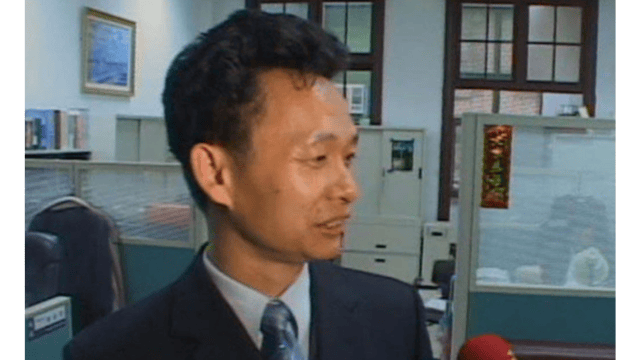
Fifth human wrong: the illegal auction of properties.
Twenty-four years after the beginning of the fabricated case, in 2020, the action of Taiwan’s National Taxation Bureau (NTB) led to the arbitrary seizure and auction of properties (which were expected to be used as a self-cultivation center) that belonged to Dr. Hong Tao-Tze, the founder and spiritual leader of Tai Ji Men, for allegedly not paying a tax bill related to the year 1992, increased by interests and fines.
Normally, officers of the National Taxation Bureau receive a bonus based on the taxes they collect, which means there is a conflict of interest, and they are not neutral.
Sixth human wrong: the arrest of Mrs. Huang.
In September 2020, several Tai Ji Men dizi participating as volunteers in the Tax & Legal Reform League took to the streets to peacefully protest and denounce the lucrative nature of the auction, but their demonstration was quickly disrupted by the police. A woman in her 60s, Mrs. Huang, was arrested and taken to the police station without any declared reason.
Seventh human wrong and the most recent one: the Taichung High Administrative Court verdict.
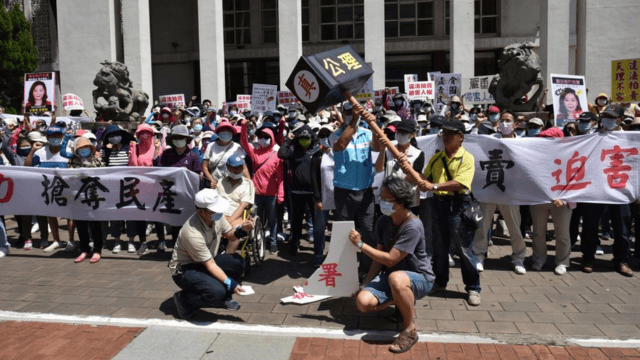
This year, there was a golden opportunity to solve the Tai Ji Men case, which has become an international embarrassment for Taiwan. There was a new President and a new government, there was a new court case and the possibility with new arguments of a pragmatic yet just solution. Unfortunately, the opportunity was missed again. Injustice, and not justice, was served by Taichung High Administrative Court on 2 August this year. The infamous ruling about the fabricated case of tax evasion for the sole year 1992 was maintained.
For sure, Taiwan’s reputation of being a democratic country remains tarnished by the Tai Ji Men case. The problem is not without solution, but political courage is needed for that. The fights in court are over but the fight in the public and political arena will go on.

Willy Fautré, former chargé de mission at the Cabinet of the Belgian Ministry of Education and at the Belgian Parliament. He is the director of Human Rights Without Frontiers, an NGO based in Brussels that he founded in 1988. His organization defends human rights in general but also the rights of persons belonging to historical religions, non-traditional and new religious movements. It is apolitical and independent from any religion.
He has carried out fact-finding missions on human rights and religious freedom in more than 25 countries He is a lecturer in universities in the field of religious freedom and human rights. He has published many articles in university journals about relations between state and religions. He organizes conferences at the European Parliament, including on freedom of religion or belief in China. For years, he has developed religious freedom advocacy in European institutions, at the OSCE and at the UN.

